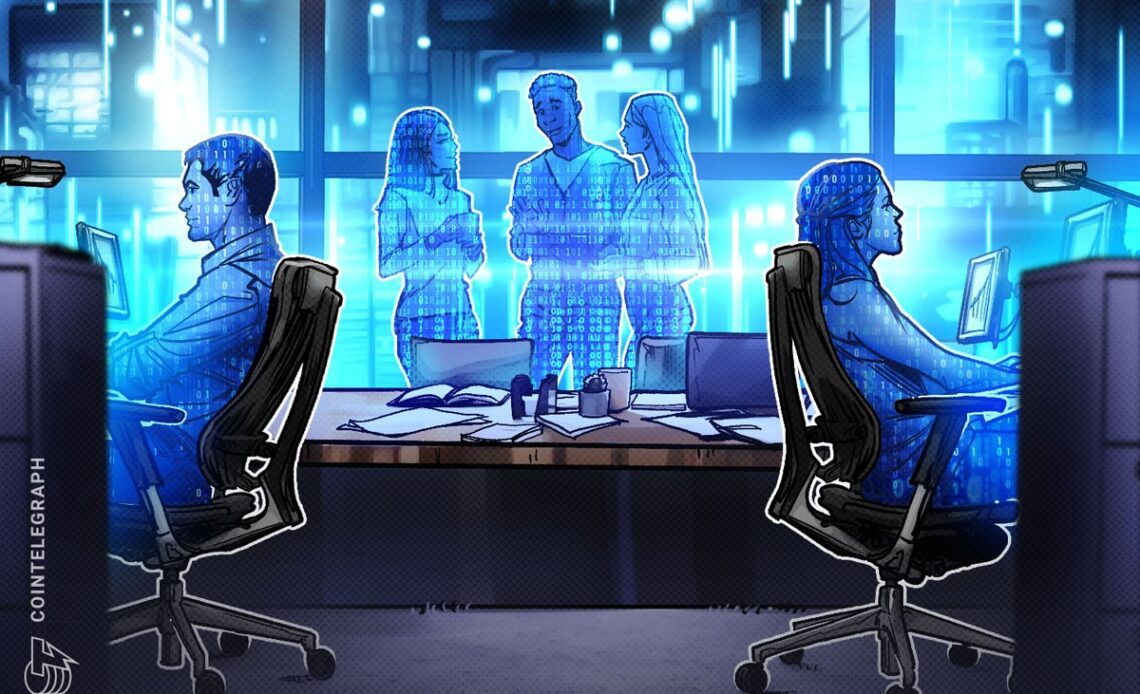The age-old question of “what happens after we die” is one humanity has grappled with for millennia. Religions, philosophers and thought leaders have put forth theories about each person’s fate beyond life on earth. Until now, no factual, science-based conclusion has provided a satisfying answer.
Psychologists have understood that the fear of death — or the realization of mortality — is a major motivator of human action. Developments such as cloning and creating virtual worlds, which were previously science fiction, have come to reality, perhaps as another scramble to answer this question — or even defeat death.
Now, in the age of the metaverse, humans are the architects of a new digital world and, therefore, a new digital life. In the Web3 space, the metaverse has garnered much attention from outside investment and increased participation from legacy companies. The metaverse sector will have an estimated value of $5 trillion by 2030.
Many believe that the metaverse will reshape how social life is structured.
This new genesis of digital life naturally brings out the same timeless questions — with a twist. If life is reinvented in digital reality, will death also be different? Specifically, what happens after we die in the metaverse as humans and avatars?
What happens when we die digitally?
The existential question of what happens after we die remains unanswerable regarding our souls’ final or next destination. However, cultures worldwide have different ways of handling death-related ceremonies, which is the human experience of deciding what happens to our bodies after death.
As more people continue to digitize their identities, create avatars in virtual worlds and hold digital assets, the question of what happens after death reappears.
The introduction of social media was one of the earlier instances of humans having to deal with a digital identity after death.
At Facebook, for example, a user’s profile becomes “memorialized” as a “place for friends and family to gather and share memories after a person has passed away.” It also serves as a security feature to prevent any future logins.
Facebook’s parent company Meta has been actively pursuing metaverse development. Mark Zuckerberg, the company’s founder, made an explainer video for Meta’s metaverse in October 2021.
While the clip didn’t explicitly mention death, users began asking the death in the metaverse question. Shortly after, a dystopian meme circulated on social…
Click Here to Read the Full Original Article at Cointelegraph.com News…
